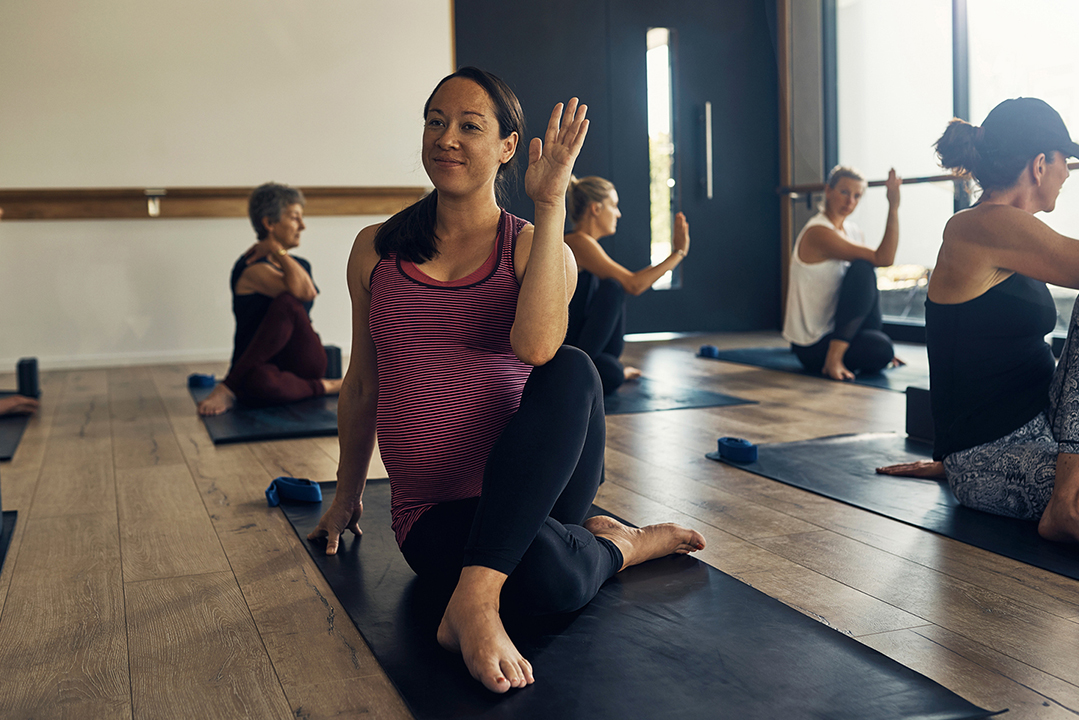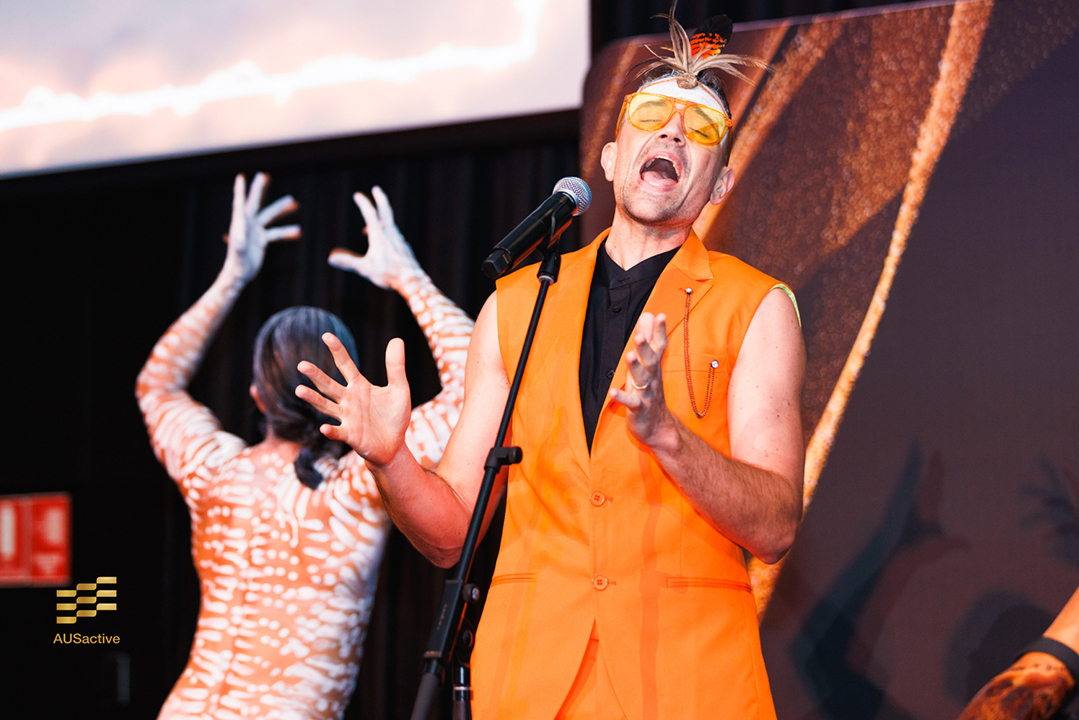Tap into the neuroscience of music to boost your fitness business
There is no doubt spinning tunes in a fitness session brings good vibes, did you know this is backed by neuroscientific research?
OneMusic not only closely follows this research but are passionate about the impact of music in business. We provide licences to businesses to play music protected by Copyright. Our members – the people who are paid royalties from these licence fees - are the millions of global music creators who own the music.
Whether you want your clients to work harder and be more focused, feel less pain, enjoy their sessions more or simply become regular members – We share the secrets of this science.
- There are psycho-physical impacts of music and perceived exertion
- The volume and choice of playlisting can either make or break your client experience
- No matter what music you’re playing, you need to check you have permission to play in a commercial setting - even if you have a paid digital music (streaming) subscription
For thousands of years music been an important substitute for medication
One Study out of Stanford University showed that “listening to music seems to be able to change brain functioning to the same extent as medication.”
A NZ study found that some music alters the human state, that there is temporarily less connectivity of various parts of the brain, slowing the brain - i.e. allowing for a break or rest
Professor Peter C. Terry (University of Southern Queensland) presented his findings in 2023 at the AUSActive Summit on music in exercise and sport.
Benefits include enhanced effective responses, flow and reduced anxiety. Across 139 global studies - running, walking, cycling, strength, high intensity, weight-bearing and non-weight bearing - music:
- Improves physical performance – some music tempos worked better than others
- Enhances how people felt - (any music tempo)
- Reduces a feeling of exertion - (any music tempo)
- Reduces oxygen consumption - (any music tempo)
Volume has an impact on psychological response
Various studies have shown that volume has an impact on the psychological response related to intensity and effort.
The Rate of Perceived Exertion (RPE) decreases when loud music is played. Loud and fast music result in faster running speeds and heart rate compared to soft and no music. https://www.ncbi.nlm.nih.gov/pmc/articles/PMC9149878/
We bore easily – musical variety is a human need
No one wants to work out to the same 10 songs every workout, it is important to refresh your playlists every couple of weeks.
Listening to preferred music has been shown to increase pain tolerance compared to other distracting interventions including cognitive tasks and humor.

Australian songwriter and performer Tash Sultana, courtesy Lemon Tree Music.
Endurance exercise needs medium to high Beats Per Minute and hip-hop nails that
In a 2017 study, music was found to significantly extend the duration of exercise, more than doubling the average performance time in both males and females.
In a study published by the National Library of Medicine, participants were randomly assigned into four different conditions:
- no music
- music at 90–110 bpm (LOW)
- music at 130–150 bpm (MED),
- music at 170–190 bpm (HIGH).
Results showed decreased rate of RPE in the endurance group that listened to LOW, MED and HIGH music compared to no music.
“Those who listened to MED and HIGH music had a greater RPE reduction than the LOW group”
In other words, music sitting in the genres of up-beat pop, hip-hop, house, techno and dubstep would have this effect on your client's performance.
Read about our fitness members in our news section including Deadlifts and Death Metal in Melbourne.
Keep an eye out for OneMusic’s appearance on the Fitness Education Online podcast coming soon.
Do you need a music licence? Find out more and join the OneMusic community.
References
- https://www.ncbi.nlm.nih.gov/pmc/articles/PMC9149878/
- https://www.ncbi.nlm.nih.gov/pmc/articles/PMC8167645/
- https://www.ncbi.nlm.nih.gov/pmc/articles/PMC9037123/#:~:text=Participants%20were%20randomly%20assigned%20into,music%20compared%20to%20no%20music.
- https://www.researchgate.net/publication/317025510_Effect_of_music_tempo_on_exercise_performance_and_heart_rate_among_young_adults
- https://www.ncbi.nlm.nih.gov/pmc/articles/PMC9149878/




